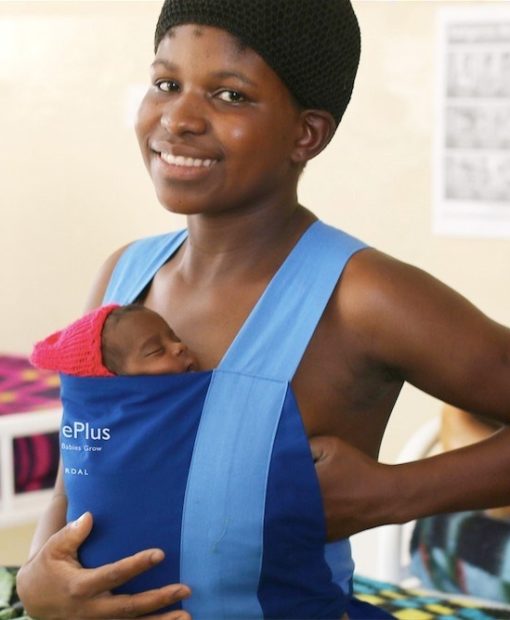Expert Offers Tips to Help Babies With Stuffy Noses
 FRIDAY, March 27, 2015 (HealthDay News) — Stuffy noses are common among babies, but many parents aren’t sure how to help, an expert says.
FRIDAY, March 27, 2015 (HealthDay News) — Stuffy noses are common among babies, but many parents aren’t sure how to help, an expert says.
“Babies can’t blow their nose, so caregivers can feel helpless in offering relief,” said Dr. Andrew Hotaling, a pediatric otolaryngologist at Loyola University Medical Center in Maywood, Ill.
“Breathing is essential to baby’s health and stuffy noses can indicate something more serious,” he said in a university news release.
One way to treat a stuffy nose is to place a cool air humidifier in the baby’s room.
“Humidifiers add moisture to the air to make breathing easier. Make sure you properly clean the humidifier regularly so you are not blowing mold or mildew into the air, which can further cause illness. You may need to open the door so the room does not get too steamy,” Hotaling said.
Another suggestion is to use a saline solution in a bulb syringe.
“Most babies are sent home from the hospital with a care package that includes a bulb syringe used to clear matter from baby’s nose. A few drops of saline solution will also often loosen and clear congestion,” Hotaling said.
It’s important to keep congested babies hydrated because having a stuffy nose causes them to lose moisture, according to Hotaling.
“If baby has a fever, or if congestion lasts longer than two weeks, see your pediatrician or family doctor. Also, see the doctor if the baby refuses to eat or drink or experiences difficulty with swallowing,” he advised.
“Chronic coughing, usually like a hacking sound or a barking seal, can mean something more serious and the child needs to be seen by a physician for proper care,” Hotaling added.
If your baby or young child is a chronic snorer, it could be a sign of adenoidal enlargement and you should take the youngster to a doctor, he suggested.
Hotaling also pointed out that it’s important to protect babies from exposure to smoke. “Many parents who are smokers will say that they do not smoke around the baby, but smoke can be trapped in their clothes or permeate from other rooms, irritating baby’s sensitive system,” he said.
More information
The U.S. National Library of Medicine has more about stuffy or runny nose in children.

 March 28, 2015
March 28, 2015




 June 26, 2017
June 26, 2017 



